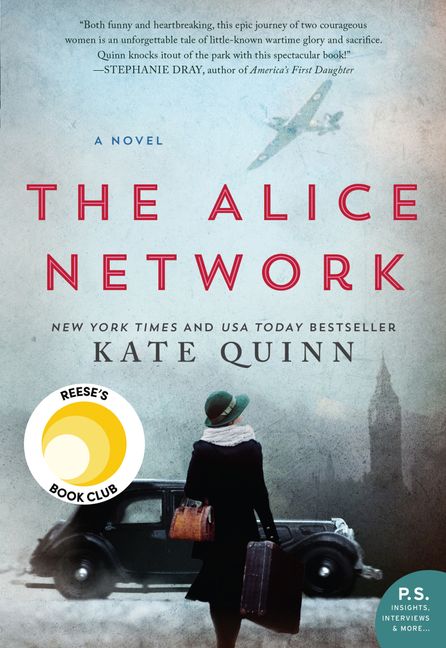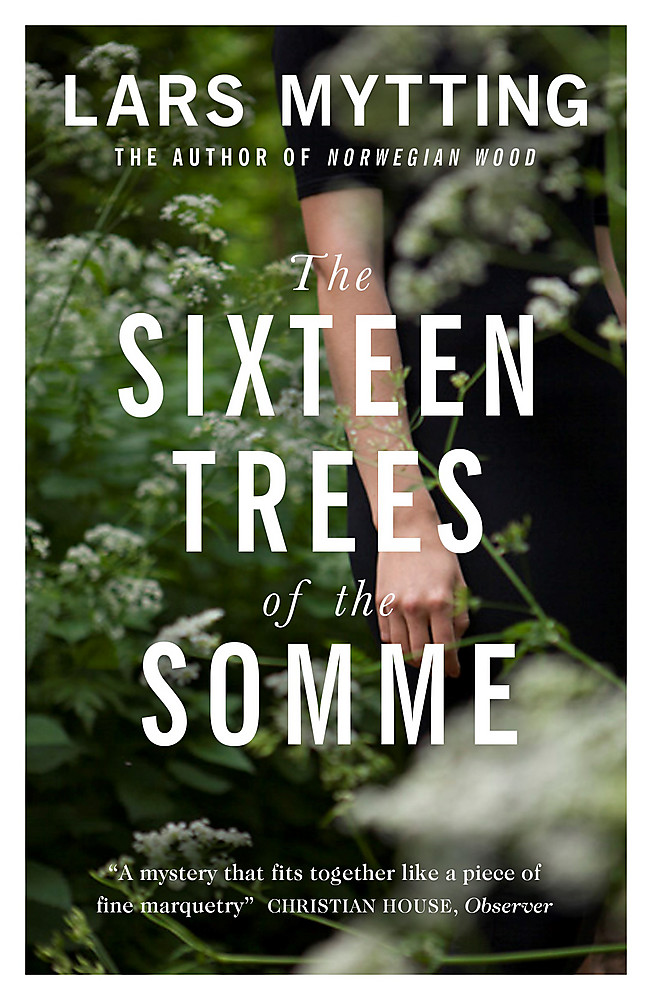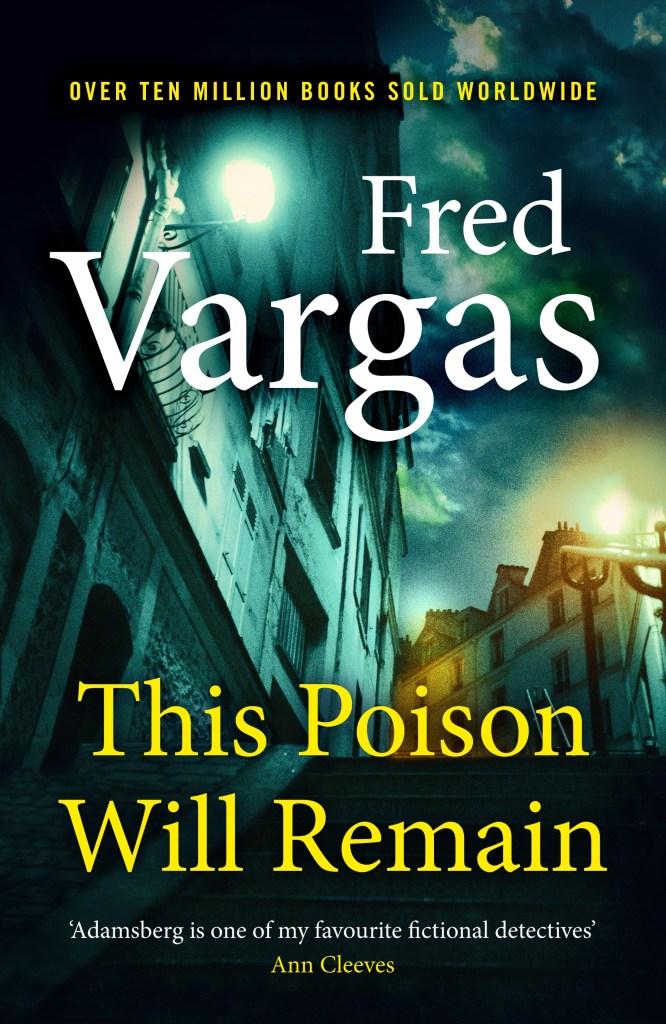
Lucy Foley really knows how to conjure an interesting setting. We’ve had a wedding venue on an island in The Guest List, luxury accomodation cut off by snow in The Hunting Party and here a gated apartment building in a posh part of Paris. I can see how her mind works. She’s seen a setting and wondered who lives or works there, like we all do, and then wondered what if there was a murder.
In The Paris Apartment, Jess is on the run from her job in England. She’s done something she shouldn’t have and hopped on the train for Paris to crash with her brother Ben. The two were separated as children when their mother killed herself. Ben who could charm anybody was quickly adopted and enjoyed the spoils of doting parents and a good education. Jess however, much younger and evidently not so charming, went from foster family to foster family, forever scarred by being the one to find their mother’s dead body. Her education has been minuscule which is why she’s been working in a dodgy bar.
Jess turns up at Ben’s Paris address, an apartment in a surprisingly luxurious building with an internal courtyard garden. The old lady concierge isn’t very welcoming and Ben isn’t home. But Jess is street-wise and manages to get inside anyway, fashioning her cheap hoop earrings into a device to pick the apartment lock. Inside, still no Ben, only a cat with blood on its fur. And it looks as if someone has scrubbed something off the floor using bleach. Jess begins to suspect the worst.
The gated apartment building offers a select bunch of suspects who Jess slowly gets to know. Nobody’s very friendly and nobody seems to know what Ben’s been up to lately. He’s a journalist so we can only suppose he was snooping around too much. The only one who is at all friendly is Nick, Ben’s friend who helped him secure this flat. Ben and Nick were at university together.
There’s also Sophie in the penthouse flat with her little dog and who is much nicer to the dog than people. She’s a high-maintenance middle-aged woman married to Jacques, who is mostly away on business – something to do with wine if the cellar down in the basement is anything to go by. There’s broody, menacing Antoine who frightens Jess when she first arrives. That leaves two young girls who share a flat: sensitive art student Mimi and her party-animal pal, Camille.
The story switches between the characters and backwards into the past to portray a picture of Ben, the charming Englishman interloper, from various points of view. Everyone seems to be afraid of something and they all seem to be hiding something. Just as everyone seems to have pieces missing from the puzzle. It’s going to have to be Jess who sorts it all out but who can she trust? The reader is all too aware that Ben has likely paid a price for asking too many questions. Thank goodness Jess’s got a bit of help from foreign correspondent Theo, who looks like a pirate but seems to be otherwise trustworthy because Jess is in way over her head.
Lucy Foley delivers another clever twisty mystery. How she manages to keep track of who knows what and a backwards and forward timeline suggests a pinboard covered in spreadsheets and graphs. Agatha Christie would have been impressed. Jess is the perfect character for Foley’s amateur sleuth because she is so completely at sea in this sophisticated Parisian setting, is barely educated and thoroughly naive. Instead she relies on gut instinct, driven by love for her brother and a determination for justice. The Paris Apartment comes together nicely to create a light but very satisfying read and gets a four out of five from me.



